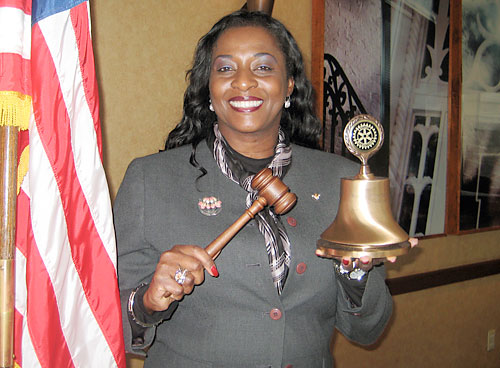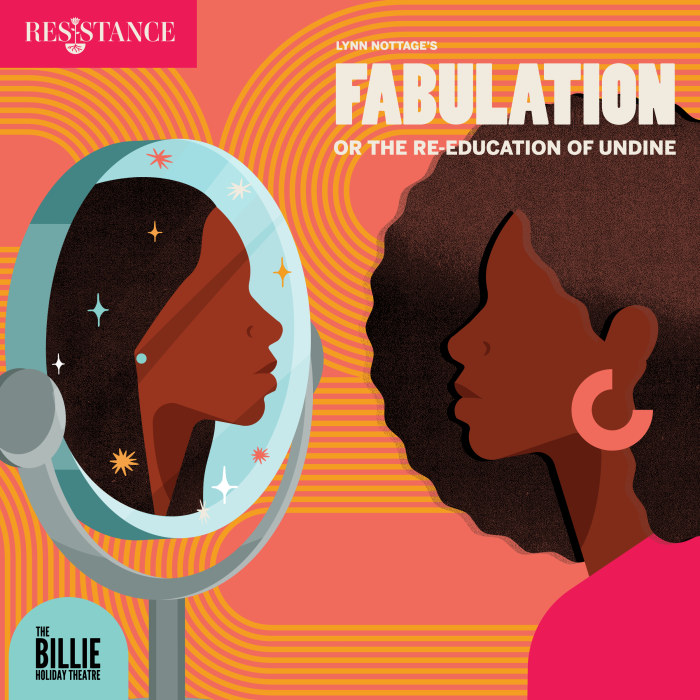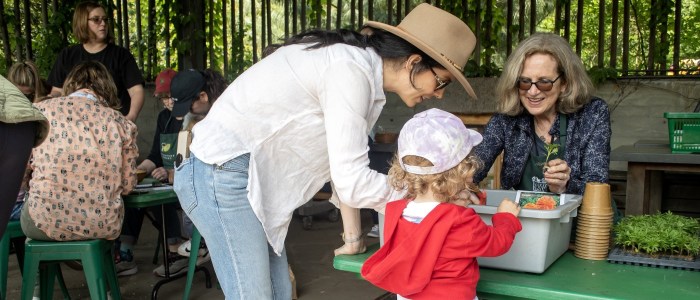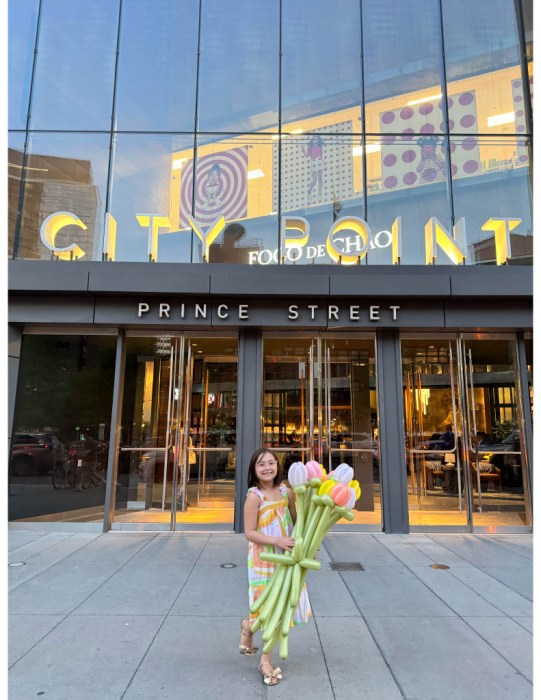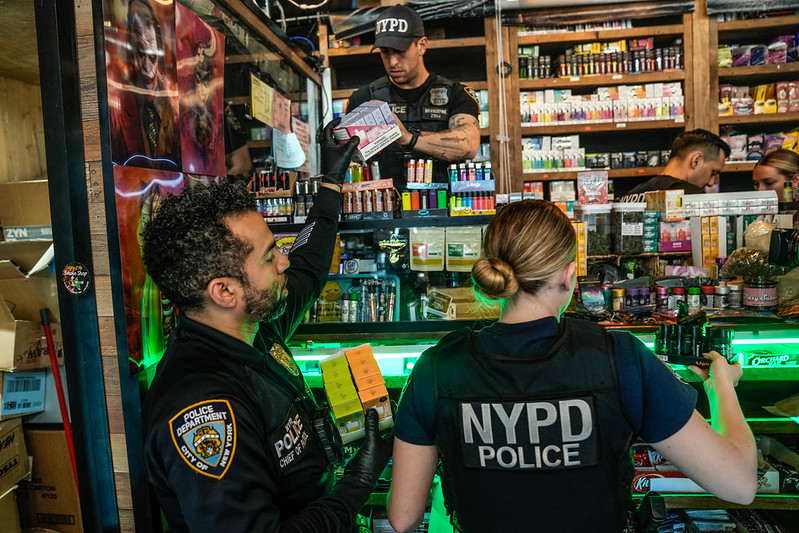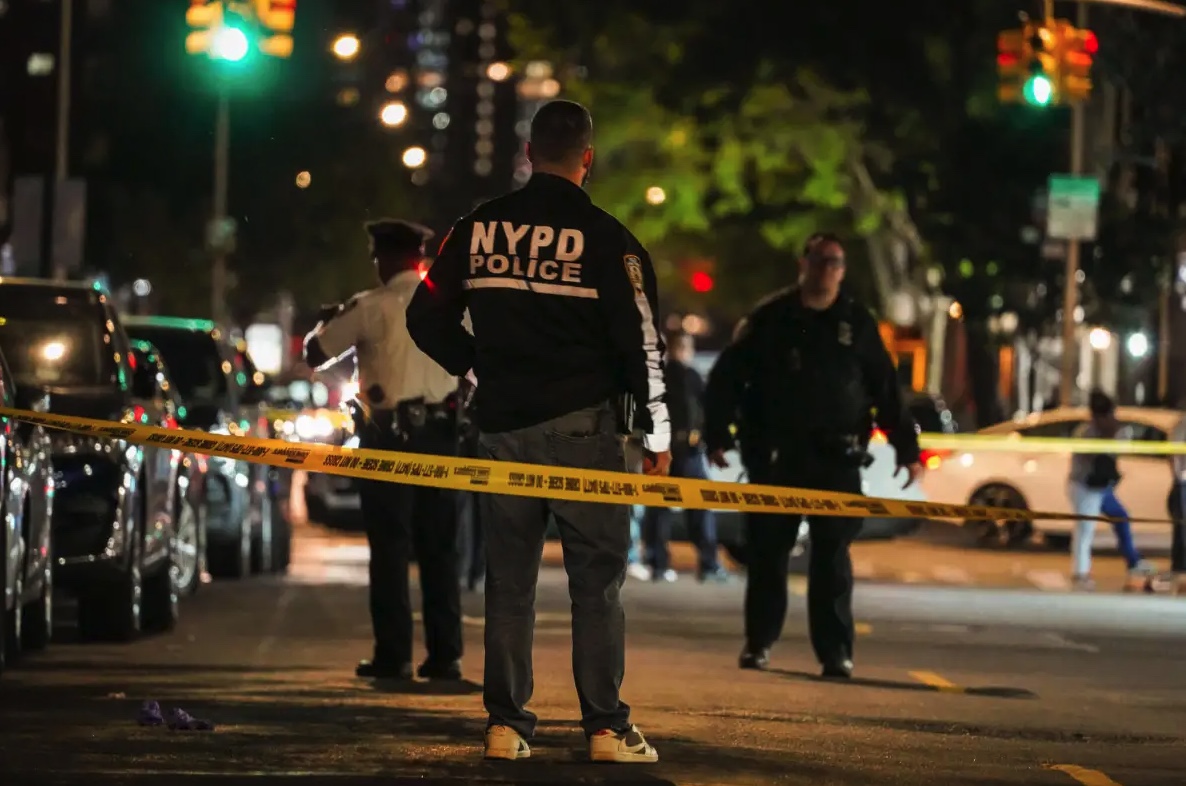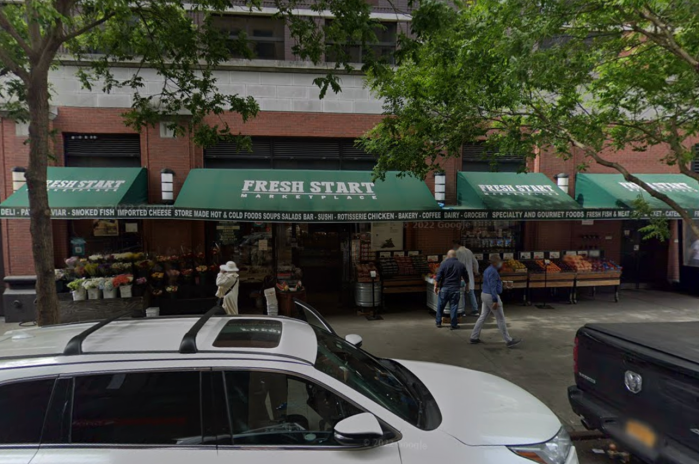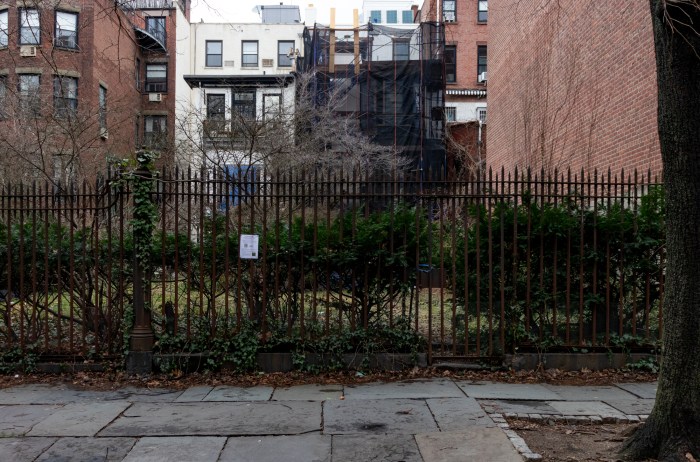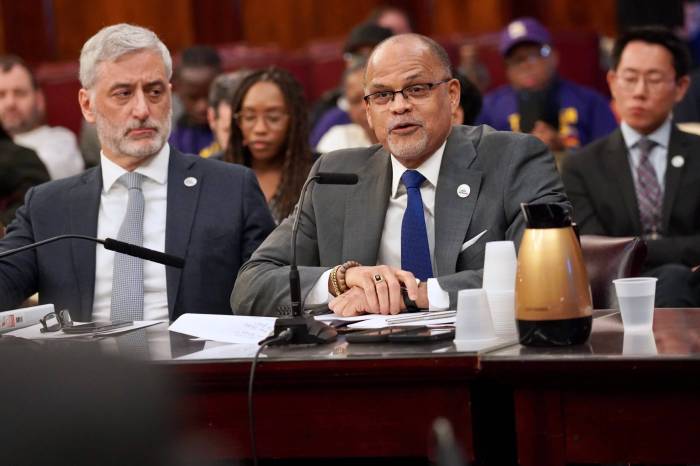A staple of small-town America is coming to the nation’s first suburb, and, no, it’s not Walmart.
Rotary Club — the service-oriented, weekly meeting groups that pepper the prairie and warm the heartland — just started a chapter for Brooklyn Heights, and the group’s president, Vivian Hardison, is betting that Rotary’s small-town traditions still have a place, even in a cutting-edge, self-obsessed borough.
“Those old values that we all grew up with have never disappeared,” said Hardison, who founded the Brooklyn Bridge Rotary Club one month ago.
Rotary clubs began in 1905, and there are now more than a million Rotarians worldwide. Each invite-only club strives to have a “circle of influence” — as New York Rotary Club board director Jean-Sebastien Sardo explains — and Rotarians hail from the town’s upper-crust professions.
The name “rotary” stems from the tradition of rotating meetings among members’ offices — a system that limited the club to one member per industry. Attendance used to be an exacting affair; if a member missed a meeting, he had to make it up in a neighboring town — hence the information about location and times of weekly Rotary meetings that are on “Welcome to…” signs all over the country.
Rotarians have relaxed their bow ties in recent years; members now must attend only half the meetings, and the old boys’ club even open its doors to women in 1987 (under pressure from the U.S. Supreme Court).
But Rotary isn’t just for elites from towns like Boring, Oregon.
“Obviously people in the city think of Rotary as a small-town affair,” said Brooklyn Bridge Rotary Club-member Ed Weintrob, a former newspaper publisher. “But there are a lot of Rotary clubs in large cities.”
The 102-year-old New York club, for example, continues to host $55 lunches each Monday at the Harvard Club.
Yet, there hasn’t been a club between Staten Island and Chinatown since the early 1990s, when the 80-year-old Brooklyn Rotary Club, as well as the spin-off Rotary Breakfast Club, both closed after many older members retired.
Charity is the cornerstone of Rotary, and Rotarians at the fourth meeting this week discussed combating underage prostitution while enjoying smoked salmon and baby leek tarts. Over the main course, the conversation focused on organizing a bone marrow testing event, and the already-begun initiative of sending cellphones to soldiers overseas.
The original club met in the historic, though long-closed Gage and Tollner restaurant on Fulton Street. Now the group meets at the Marriott Hotel on Adams Street — and the more-modern location is intentional.
“We don’t want the club to become so stiff that we can’t have fun,” said Hardison.
And just because Rotarians actually speak to each other face-to-face doesn’t mean they’re not on top of new media.
An upcoming service project might send used books to Africa, “since everyone is getting rid of their books and moving to Kindles,” said Weintrob. A website is in the works.
Still, the well-heeled Rotarians haven’t forgotten their manners. Meetings begin with the pledge of allegiance, and sergeant-at-arms Alan Wheeler makes sure that no one speaks out of turn.
Brooklyn Bridge Rotary Club [333 Adams St. between Johnson and Lawrence streets in DUMBO, (917) 804-0797], Thursdays at 12:15 pm.


